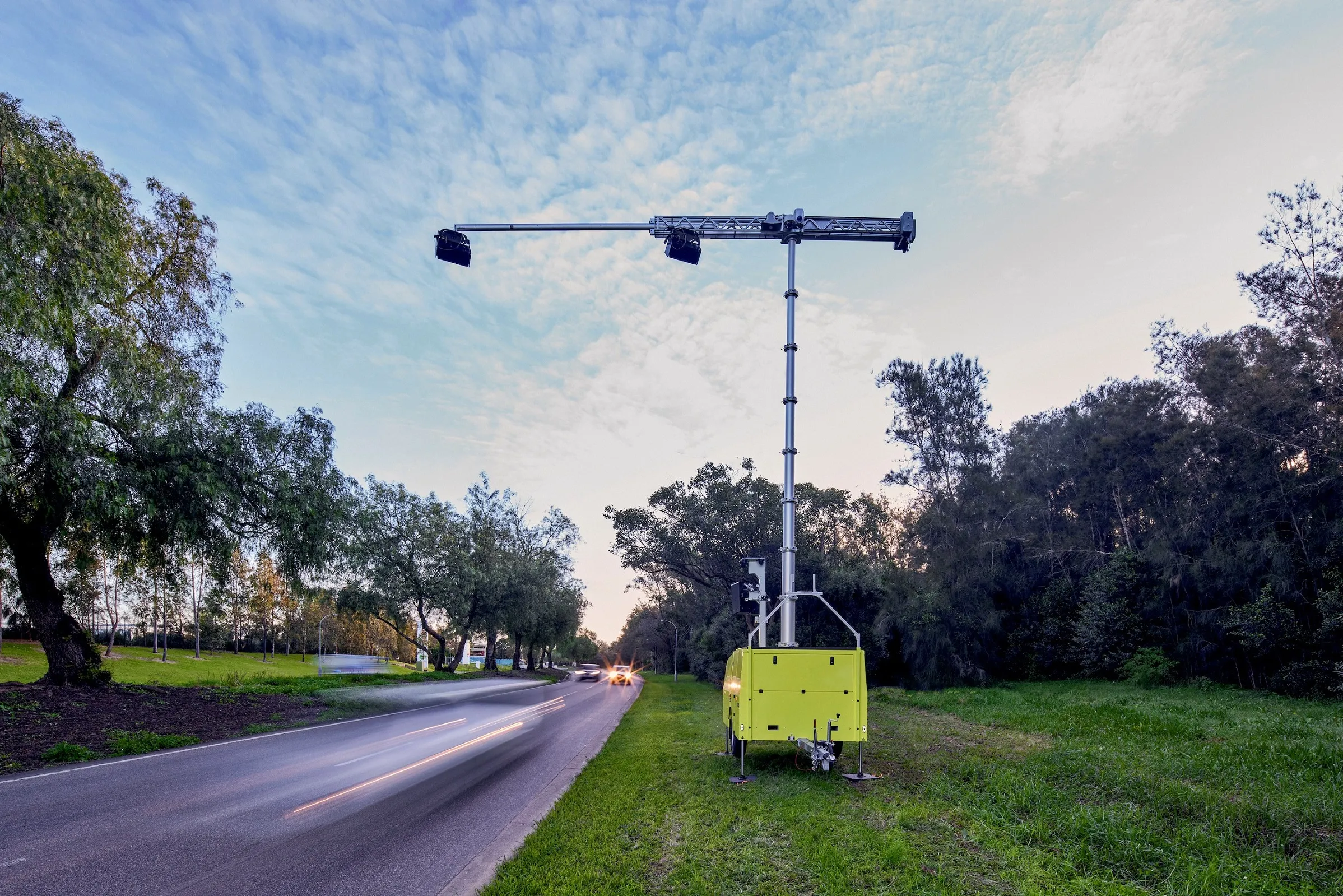An informal meeting in Whitehall is due to take place early in 2017, according to the Guardian, in which ministers and officials will tell mobile companies that ‘drive safe’ modes, similar to the airplane mode that has become standard, must be included in basic software ahead of a broader crackdown on illegal mobile phone use on the roads.
In spring 2017, the fixed penalty for using a mobile phone while driving without a hands-free device will double to US$248 (£200). The fixed penalty notice will increa
December 20, 2016
Read time: 3 mins
An informal meeting in Whitehall is due to take place early in 2017, according to the Guardian, in which ministers and officials will tell mobile companies that ‘drive safe’ modes, similar to the airplane mode that has become standard, must be included in basic software ahead of a broader crackdown on illegal mobile phone use on the roads.
In spring 2017, the fixed penalty for using a mobile phone while driving without a hands-free device will double to US$248 (£200). The fixed penalty notice will increase from three to six points.
Ministers are concerned by the number of deaths that are at least partly attributed to being distracted by mobile phones, about 20 a year, with ‘distraction in vehicle’ a factor in 70 deaths annually.
Transport minister Lord Ahmad said the meeting would “consider safe drive modes, or other practical applications, when a person is driving”.
But road safety campaigners said the government should compel manufacturers to include a drive safe button, if they resisted ministerial pressure.
A separate4961 RAC Foundation-commissioned report published this summer found that without a legal obligation, few companies would include software that limited the use of their equipment, because it would put them at a commercial disadvantage and they felt the onus was on the driver to make sure their use of technology complied with the law.
Steve Gooding, the director of the RAC Foundation, said: “Drivers must carry the personal responsibility for avoiding distraction when they are at the wheel, but telecoms companies surely have an obligation to help them do the right thing, something we’re discussing with the1837 Department for Transport (DfT). If industry doesn’t help voluntarily, then maybe we need to consider legislative options.”
According to Gary Rae, the campaigns director for road safety charity4235 Brake, the use of mobiles behind the wheel is a growing menace. “The technology exists now to shut off mobiles when they’re in a vehicle. It just needs the political will to make this happen. We’re ready to take part in any talks between government, vehicle manufacturers and mobile operators,” he said.
A Department for Transport spokesman said the Department was determined to crack down on mobile phone use at the wheel and its plans to double penalties should act as a strong deterrent. It will continue to explore what more can be done.
In spring 2017, the fixed penalty for using a mobile phone while driving without a hands-free device will double to US$248 (£200). The fixed penalty notice will increase from three to six points.
Ministers are concerned by the number of deaths that are at least partly attributed to being distracted by mobile phones, about 20 a year, with ‘distraction in vehicle’ a factor in 70 deaths annually.
Transport minister Lord Ahmad said the meeting would “consider safe drive modes, or other practical applications, when a person is driving”.
But road safety campaigners said the government should compel manufacturers to include a drive safe button, if they resisted ministerial pressure.
A separate
Steve Gooding, the director of the RAC Foundation, said: “Drivers must carry the personal responsibility for avoiding distraction when they are at the wheel, but telecoms companies surely have an obligation to help them do the right thing, something we’re discussing with the
According to Gary Rae, the campaigns director for road safety charity
A Department for Transport spokesman said the Department was determined to crack down on mobile phone use at the wheel and its plans to double penalties should act as a strong deterrent. It will continue to explore what more can be done.









